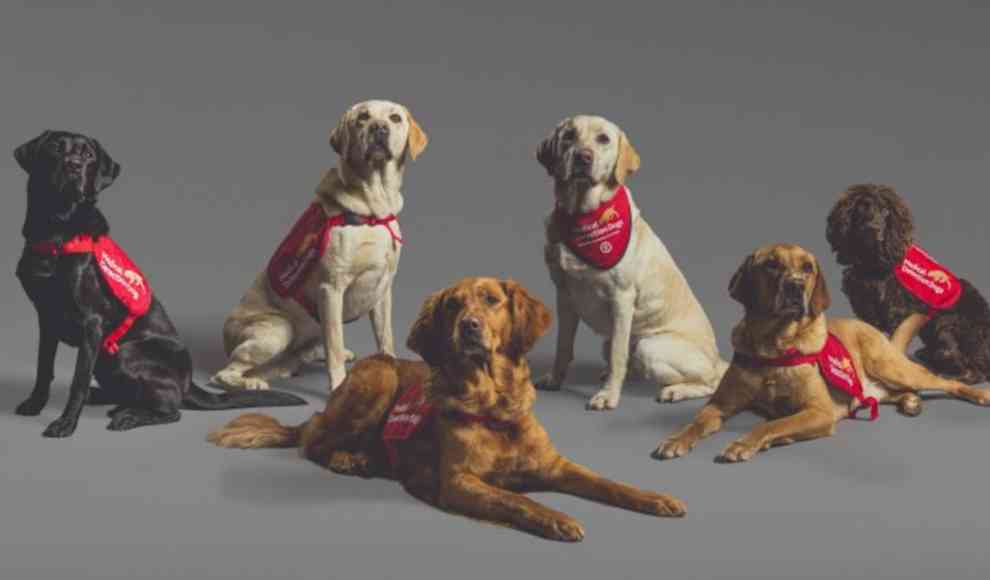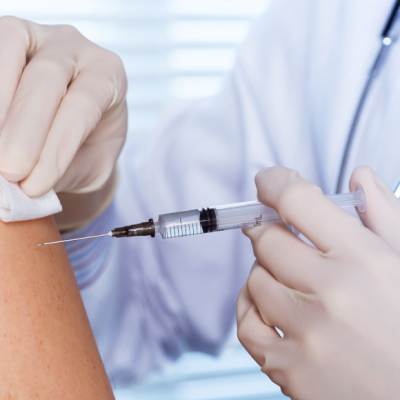Trained dogs can detect individuals infected with COVID-19, even those with a mutation of the virus that the animals were not trained to detect, according to a study by the London School of Hygiene and Tropical Medicine (LSHTM). Six dogs from the charity Medical Detection Dogs and 400 participants took part in the study. Of the participants, 200 were infected with SARS-CoV-2 but showed no or only mild symptoms, while 200 were not infected and formed the control group. The accuracy with which infected individuals were detected (sensitivity) ranged from 82 to 94 percent depending on the dog, while healthy individuals (specificity) were correctly identified by the dogs between 76 and 92 percent of the time. The study, which has not yet been published in a scientific journal, found that neither the scientists nor the dogs knew which samples came from infected individuals and which came from healthy ones.
Despite being trained only on the original coronavirus, the dogs were able to reliably detect individuals infected with the virus mutation that first appeared in southeast England. “This gives us real hope that dogs will be able to detect different variants of COVID-19,” said study leader James Logan. The researchers now plan to test whether the dogs can detect infected individuals in large crowds, such as airports or train stations. If the animals achieve high accuracy rates in these settings, individuals identified as infected could be subsequently tested with a PCR test. Some airports, including Helsinki and Dubai, already use COVID-19 detection dogs. According to a model calculation by the researchers, this method could detect more than twice as many positive cases as current methods. “These fantastic results are further evidence that dogs are one of the most reliable biosensors for detecting the smell of human diseases,” said Claire Guest of Medical Detection Dogs.
The LSHTM study provides further evidence of the potential of trained dogs to detect COVID-19 infections. The animals’ ability to detect infected individuals with high accuracy rates, even those with a virus mutation they were not trained to detect, could prove valuable in identifying cases that might otherwise go undetected. The researchers’ plan to test the dogs’ ability to detect infected individuals in crowded settings could also have significant implications for public health. If the animals prove effective in these settings, they could be used to quickly identify and isolate infected individuals, potentially helping to slow the spread of the virus.










